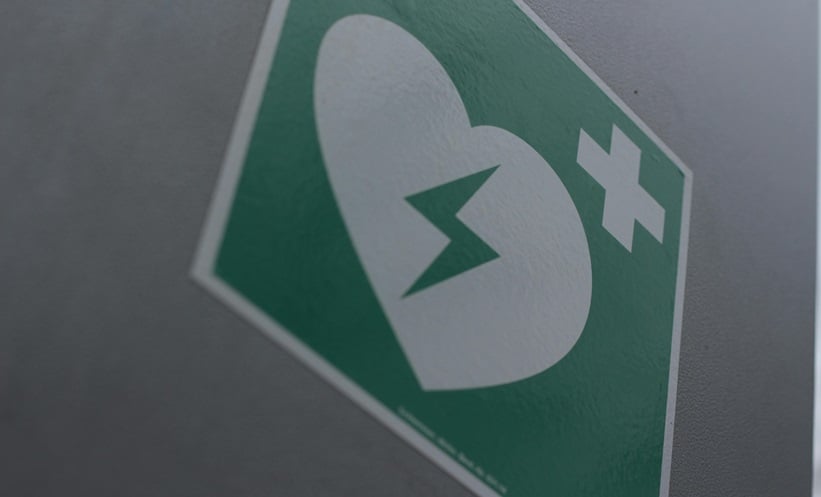A NEW study has shown a notable increase in cannabis use during early pregnancy in California after the state implemented recreational cannabis legalisation (RCL) in 2018. This rise was particularly concentrated in areas that permitted adult-use cannabis retailers, highlighting the impact of local policy environments on health behaviours.
The study, led by researchers based in California, USA, analysed data from 300,993 pregnancies screened for cannabis use upon entry into prenatal care between 2012 and 2019. Screening methods included both self-reported cannabis use and urine toxicology testing. The results indicated a marked rise in prenatal cannabis use following the implementation of legalised cannabis sales in January 2018, though no significant increase was observed immediately after the legalisation vote in 2016.
Notably, the increase in early pregnancy cannabis use was observed only in areas that allowed adult-use cannabis retailers. In these jurisdictions, rates of prenatal cannabis use increased by 21% in the months following the policy’s enactment. In contrast, rates remained relatively stable in areas where retail cannabis outlets were banned, suggesting that accessibility to cannabis products plays a substantial role in influencing usage patterns among pregnant individuals.
The study’s findings align with a growing concern among public health professionals regarding the effects of cannabis use during pregnancy. Prior research suggests that prenatal cannabis exposure may be linked to potential developmental risks for the foetus, prompting questions about how best to manage health risks in the context of evolving cannabis policies.
The researchers employed interrupted time-series models to assess changes in cannabis use rates over time, accounting for demographic variables such as age, race, ethnicity, and socio-economic status. By the end of the study period, overall cannabis use during early pregnancy had risen from 4.5% in 2012 to 8.6% in early 2018. The increase was consistent across both self-reporting and toxicology testing methods, indicating that the trend was not limited to one mode of detection.
This study has shed light on the importance of local policy considerations in recreational cannabis legalisation and the need for public health strategies tailored to support individuals navigating pregnancy in a landscape where cannabis access is expanding.
Reference
Young-Wolff KC et al. Cannabis use during early pregnancy following recreational cannabis legalization. JAMA Health Forum. 2024;5(11):e243656.








